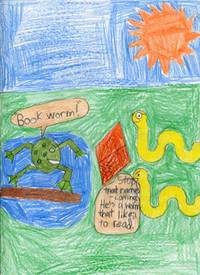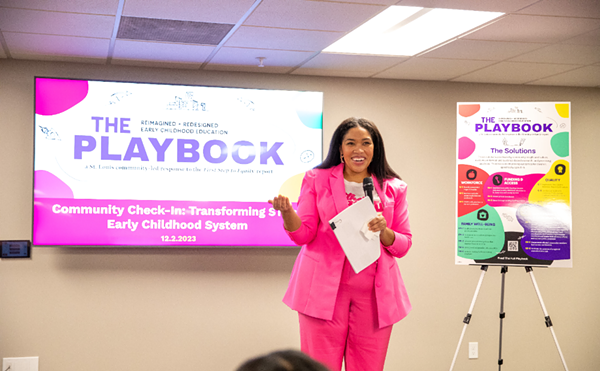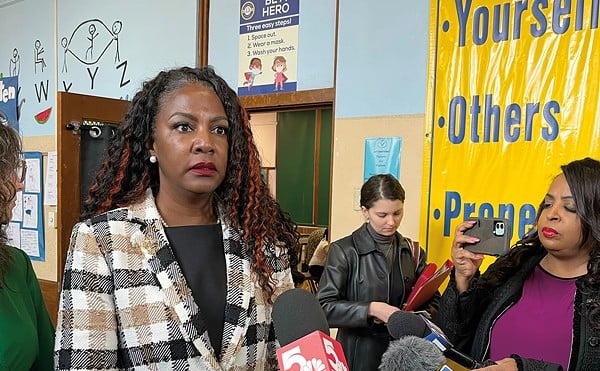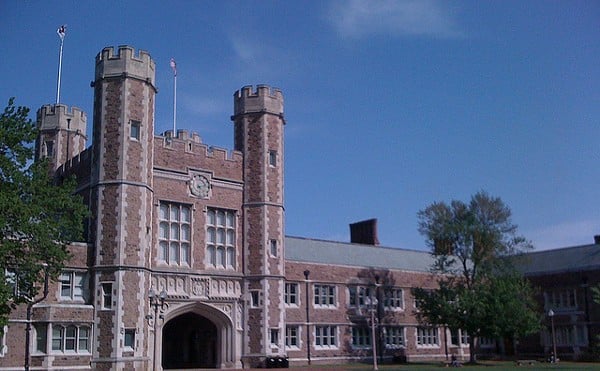(Note: This is not name-calling. This is calling a spade a spade. Oh and also? Stay klassy, Cards fans.)
But I digress.
This year marks the fifth anniversary of No Name-Calling Week. It began in 2004, inspired by The Misfits, a children's book by James Howe (who also wrote the now-classic Bunnicula: A Rabbit-Tale of Mystery) about four frequently-maligned seventh graders who run for Student Council on a no name-calling platform and teach their classmates Important Lessons about respecting the individuality of others. This book is fiction, just in case you were wondering.
But the book's publisher, Simon & Schuster, and the Gay, Lesbian and Straight Education Network (GLSEN) thought its message was worth spreading. So for a mere $129.95, you can buy your very own No Name-Calling Week resource kit, which includes posters, stickers, an informational VHS tape, an activities workbook and, oh, yes, a copy of The Misfits.
Alternatively, you could just download the activities and worksheets in PDF form, which is what I did. Just don't call me a cheap bastard. That's not nice and it hurts my feelings. (Even if there may be an element of truth to it.)
There are enough activities to fill an entire week. These include group discussions, role-playing and suggested strategies for dealing with name-calling. There are also worksheets with T-Charts and Venn Diagrams and all sorts of other wondrous learning tools that make modern education so much like corporate training programs without the free bottled water and elaborate buffets.
Five days of discussing the differences between good and bad names should, in the words of the project's organizers, "provide students and educators with the tools and inspiration to launch an on-going dialogue about ways to eliminate name-calling in their communities."
All of which inspires this deep thought: Have these people never dealt with actual children?
Allow me, if you will, to wax philosophical for a moment. To be a child is to be absolutely powerless. You have no legal rights. You have to do whatever grown-ups tell you to. Nobody gives you a choice about anything. The only way you can enforce any sort of control over your environment is by naming things. And, okay, people.
No, the names are not always kind. Yes, feelings can get hurt. But does anyone honestly believe activities that force kids to bond over their love of broccoli or the fact that they ate Frosted Flakes for breakfast are really going to put an end to name-calling forever? Doesn't that sort of belabor the point?
Here is what I learned about name-calling from my junior-high years:
- When someone calls you a name you don't like, ignore them.
- Alternatively, call them a name right back.
- Saying, "I know you are, but what am I?" never works, except with younger siblings.
- Being called a name is far less painful than getting knocked down and kicked down a hill in front of the entire sixth grade.
- The name-calling habit never, ever dies. Particularly among grown-ups.
- Name-calling can lead to far more evil and destructive things. But you learn about that through studying history, not discussing who's part of the "in" crowd.






